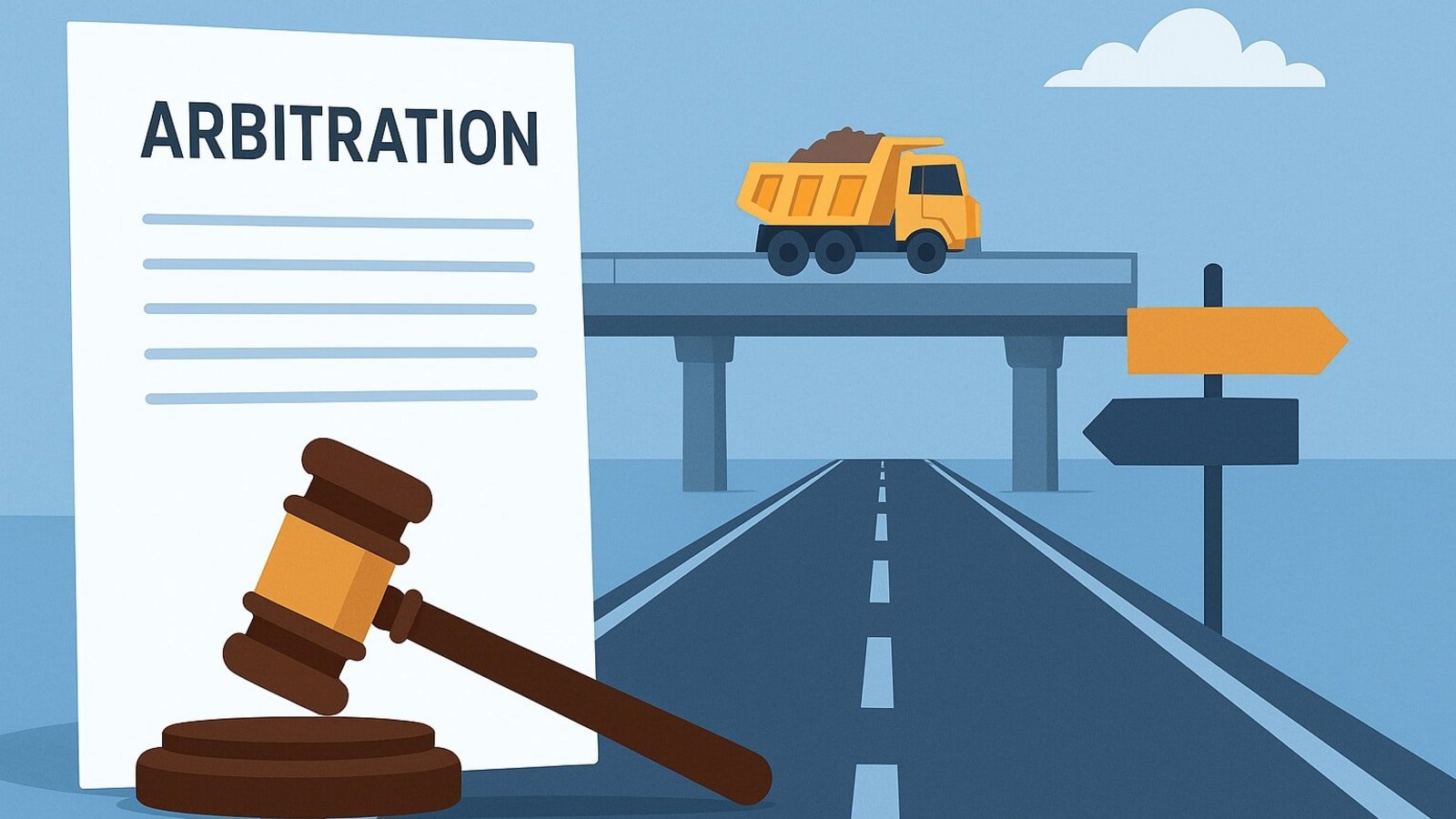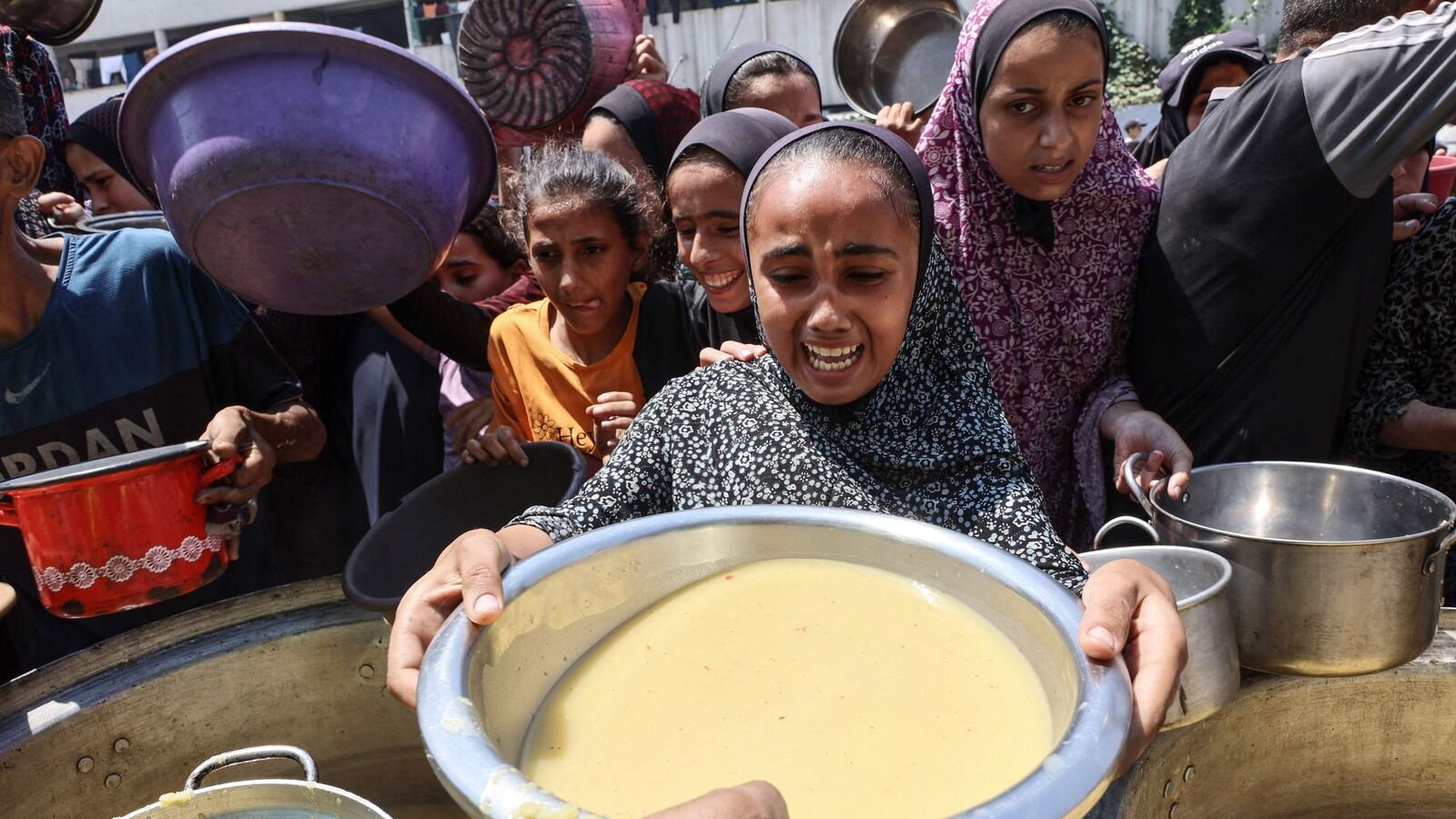MoRTH curbs state agencies from pursuing legal action without nod

The road transport and highways ministry has moved to tighten control over highway dispute handling, barring state agencies from filing arbitration challenges or litigation appeals without prior clearance.
The 22 July order comes as arbitration claims against the National Highways Authority of India have swelled to nearly ₹1 trillion—roughly 40 % of NHAI’s total liabilities and the ₹2.5 trillion it plans to spend on capital projects in FY25—underscoring the financial strain from unresolved conflicts.
By centralising dispute management, the ministry aims to curb costly legal setbacks that it says often arise when state public works departments pursue cases independently.
According to the order, MoRTH has flagged several cases where executing agencies such as state public works departments (PWDs) initiated legal proceedings autonomously, without consulting the Centre. These included appeals against arbitration awards related to NHAI projects.
The order directs that any decision on contractual disputes or litigation that could have financial implications must first be cleared by MoRTH.
Why it matters
NHAI, which constructs over 60% of India’s highways, often entrusts projects to state PWDs and road construction departments. With so many projects underway, coordination becomes difficult when state agencies pursue arbitration or court cases on their own without consulting the Centre.
“The problem is acute as most of the time quality handling disputes by the agencies is not good and results in adverse awards that has financial implications on NHAI. The Central highway executing agency has better dispute handling capabilities, so any contractual issues should only be dealt by it or NHAI should be consulted before any legal recourse is taken,” a MoRTH official said on condition of anonymity.
Dispute resolution framework
MoRTH has instructed all agencies to upload updates on ongoing cases to its centralised data lake and route disputes through its three-tier resolution mechanism. Under this system, cases must first undergo mediation and conciliation before being escalated to MoRTH’s Dispute Resolution Board (DRB) in arbitration.
Mediation and conciliation are non-adversarial, while arbitration ends in one party winning and the other losing.
Email queries to MoRTH sent on 26 August remained unanswered.
Mint reported earlier on 25 June that disputes have rocked NHAI, and have led to slower highway project awards from 6,300 km awarded in FY22 to about 4,000 km awarded in FY25.
Part of a wider problem
MoRTH’s concern over mounting highway-related disputes, along with its push to rein in legal costs, highlights a broader challenge—the government’s prolonged battles in courts and arbitration that continue to drain the public exchequer.
To address the growing problem of prolonged arbitration challenges and court battles involving government ministries and public sector enterprises, the union law and justice ministry in April proposed a series of measures to monitor and resolve such cases more efficiently and cut legal costs.
The framework called for a specialised legal cell in every ministry to track the disputes it faces and provide expedited legal counselling. Mint had reported on this development on 11 April.
Building on this, the ministry held a consultation meeting on 26 August with the department of public enterprises to strengthen the dispute resolution mechanism for state-run companies, it said in a publicly available statement on LinkedIn.
Experts said the move is to monitor the handling of these cases in a centralised manner.
“Often the selection of legal representatives, arbitrators and even measures like non-adoption of mediation etc. lead to uncontrollable outcomes for NHAI,” said Gauhar Mirza, partner at law firm Saraf and Partners.
NHAI has historically seen huge arbitration claims against it, said Mirza. He added that earlier reforms such as the Vivaad se Vishwas-II scheme for contractual disputes—intended to settle arbitration claims at concessional rates—have had little impact so far.
Discover more from News Hub
Subscribe to get the latest posts sent to your email.






